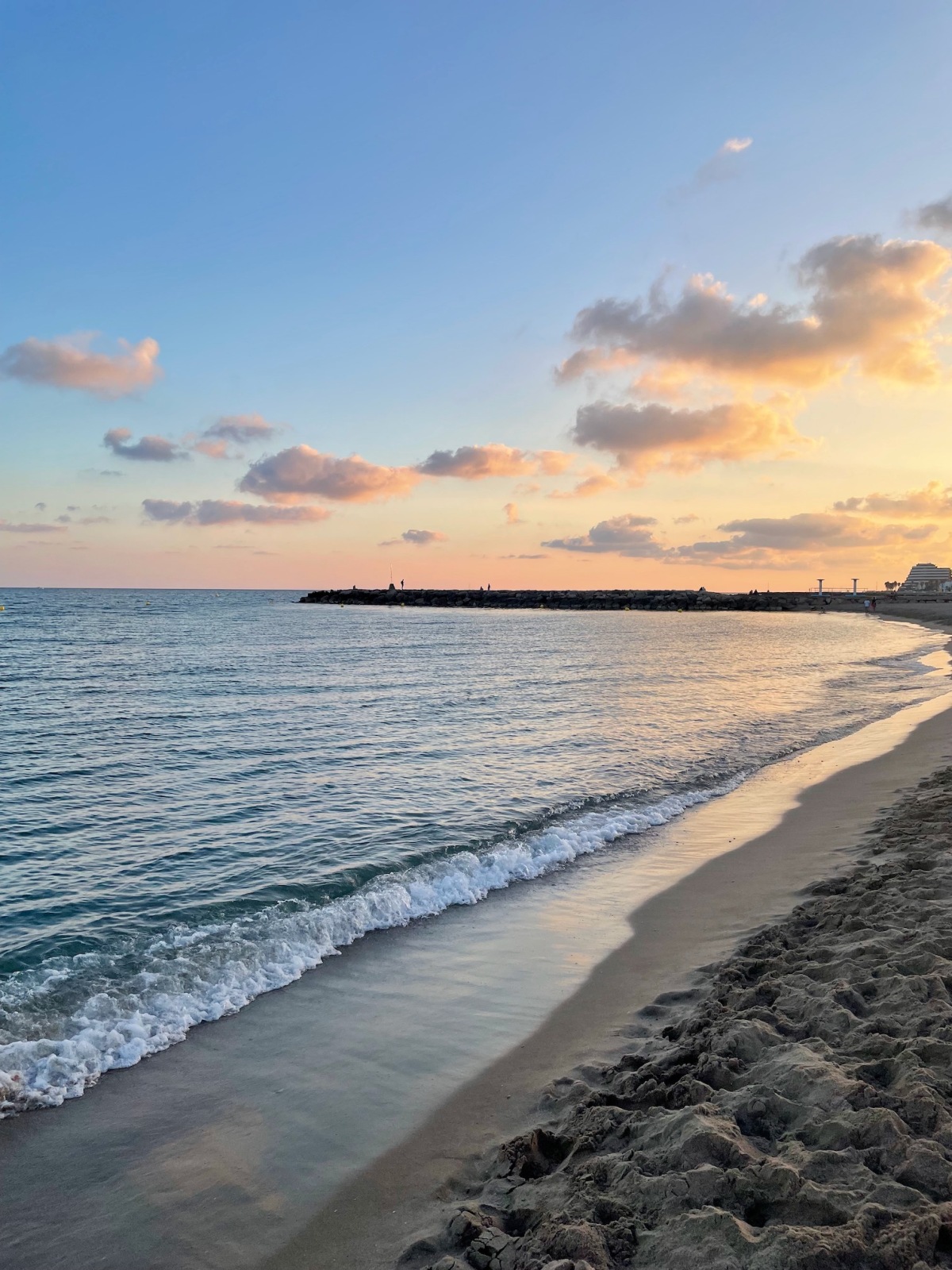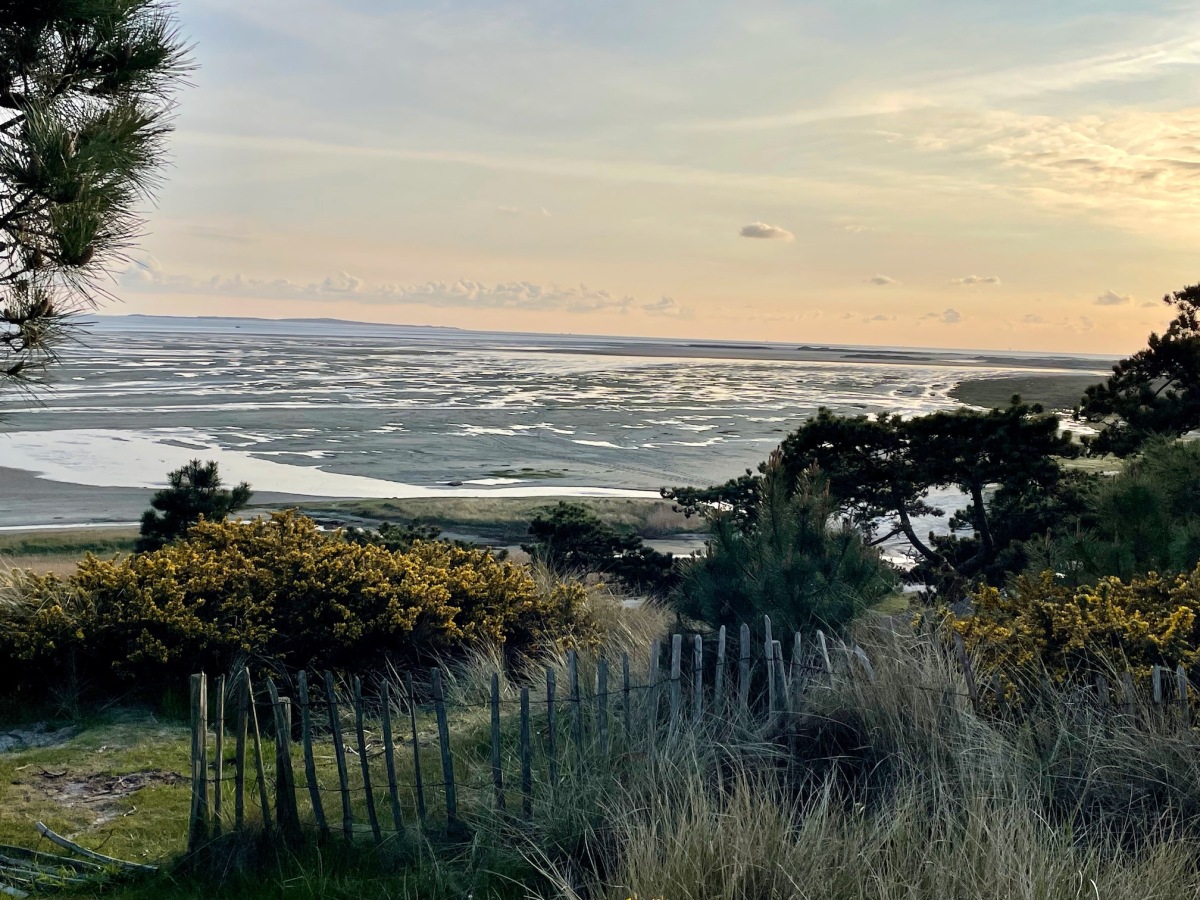As the year is drawing to a close, let’s take this opportunity to look back for a moment. Think about how far you have come since the start of the year. Or if you prefer otherwise – in the last 3 months. Whatever time period you choose to compare against the present moment, you will notice a difference.
You have learnt a lot, probably acquired a new skill, or stopped doing something else you suddenly discarded as not being good for you. You might have let go of old baggage, transformed an old habit or established a new one.
Either way, you have moved forward. You are a different person than you were before.
Isn’t that the way we need to be looking at our life? How far we have come, instead of regretting how far away we still are from achieving our goals or realizing our dreams?
I believe it is a much better measurement of individual success. One that isn’t apologetic or downplaying the many times when we get it right. One that’s not focusing on our imperfections or the many times we slip.
We all tend to put ourselves down a lot, unnecessarily in fact. Perfection neither does exist nor is it desirable anyway. But it blinds us to the small successes along the way: how often we try and the numerous times we do manage well – which we should be celebrating.
The important thing is that we keep on trying, and become more aware of the chances life is offering us every day. The chance to choose a different response, and to make a difference by doing it.
We can only try to take the right decision at the time and do our best. How it will turn out eventually is not foreseeable in all aspects and beyond our control. And we only have control over ourselves, not over others or fate.
Moving through life like this is humble, confident, and so much more joyful.
As Sia is singing in “Flames”:…Go, go, go figure it out, figure it out but don’t stop moving…. You can do this.”
Not so long ago, it was important to me to “get things right” each day – an aspiration to become who I strive to be.
Looking back on it now, I have managed meanwhile to feel happy about the stuff I sometimes do get right, and I don’t punish myself anymore for my mistakes. I accept this to be the normal life of a normal person that tries, trips and falls, learns from it and tries again to do better the next day.
Tomorrow is always another chance to become “the best version of myself” – that phrase from my online yoga teacher Adriene really stuck with me.
Buddhist saying
Sometimes you need to take one step back to take 2 steps forward later.
As it stands, I can look back on quite an eventful year.
In January, I suffered from exhaustion, couldn’t work, felt overwhelmed by my physical and mental situation.
So, I got help, and as the months passed, I learned to listen to my body, to connect with myself and to slow down. I understood how vital it is to manage my energy well. Realizing my patterns, setting boundaries, learning to give myself more credit and giving me the time needed for healing.
It’s true: these things just take the time they need, and you cannot accelerate your healing path. In the end, I dropped my unrealistic expectations of what I should or shouldn’t do or who I should be. To just acknowledge my limitations and start out from there was – in a sense – liberating.
And indeed, things got better with time. To summon the patience and confidence to trust the process while going through it was not always easy for me. When you are in such a the moment, then self-doubts and fear are ever-present.
But most importantly: I decided to make peace with my past. Whatever baggage I carry around is a part of me, my history. There’s no need to hide it or feel bad about it. No need to explain myself. I am enough the way I am.
Sounds easier than it felt for me at the time. When I listened to Brother Phap Huu (Plum Village podcast “The way out is in”) talking about this concept of embracing your past and your habits, it attracted me instantly as the right thing to do, however, I did not know exactly how to do it. All I knew was I wanted to go down that path.
Turned out that the act of taking this decision was actually enough to set things in motion. Once I decided that was what I wanted, things started to move. I moved forward. It has taken me a long time to get to this point.
I am still working on transforming my habits and know this will continue. They will not disappear by power of magic. In practical terms: the key is to understand them as part of me, but without handing them the control over my life.
That’s all. A demystification which might help to put things into perspective. It certainly helped me to make sense of it. (In case you assumed otherwise – Buddhist practitioners are very much down to earth, that’s why their advice is so infinitely valuable.)
Bottomline: It feels good to have learnt a lot about myself this year and to have put it into practice.
Here’s to 2024 – my wishes for all of us are for new insights, more patience with ourselves, equanimity, and the courage to walk our own path.




You must be logged in to post a comment.